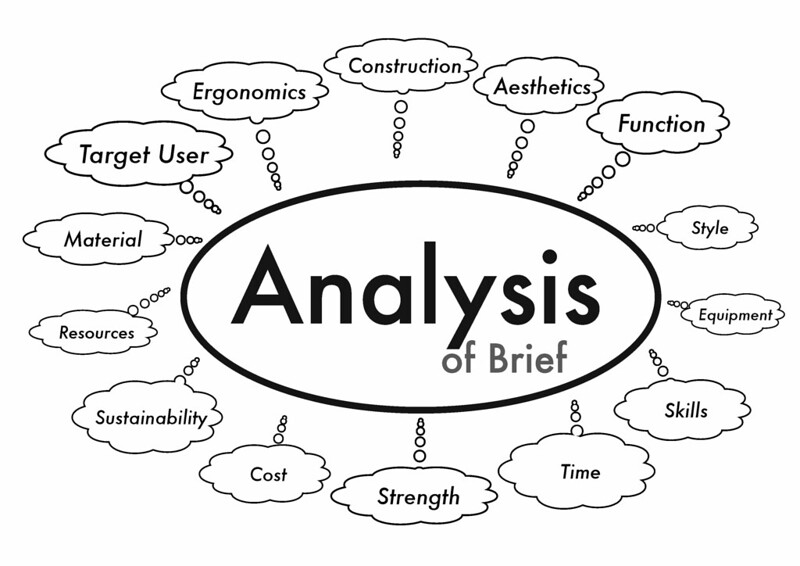The word “analysis” comes from the Greek word “analuein,” which is made up of two parts: “ana” which means “up” or “back,” and “luein” which means “to unloose” or “to untie.” When these two parts are combined, “analuein” means “to unloose or untie something in order to examine it closely.”
Over time, the meaning of the word broadened to encompass the process of breaking down complex ideas or systems into their component parts in order to better understand them. Today, “analysis” refers to the systematic examination and interpretation of something, often with the goal of uncovering insights or patterns that might not be immediately apparent.
The term “analysis” is commonly used in many fields, including science, mathematics, psychology, and literature, among others. In each of these contexts, analysis refers to the process of carefully examining something in order to gain a deeper understanding of it.
In science and mathematics, for example, analysis often involves breaking down a complex system or problem into its component parts in order to study each part individually and then reassemble them into a coherent whole. In psychology, analysis may involve examining a person’s behaviour, thoughts, or emotions in order to better understand their underlying motivations or psychological processes.
In literature, analysis often involves close reading and interpretation of a text in order to uncover its themes, motifs, and symbolism. In this context, analysis can be seen as a form of critical thinking that goes beyond surface-level understanding to reveal the deeper meanings and complexities of a work of literature.
While the word “analysis” can be used in many different contexts, the underlying meaning remains the same: it refers to the process of breaking something down in order to understand it better. Whether applied to a scientific problem, a psychological phenomenon, or a work of literature, analysis involves careful examination and interpretation in order to uncover insights and patterns that might not be immediately apparent.




4 comments